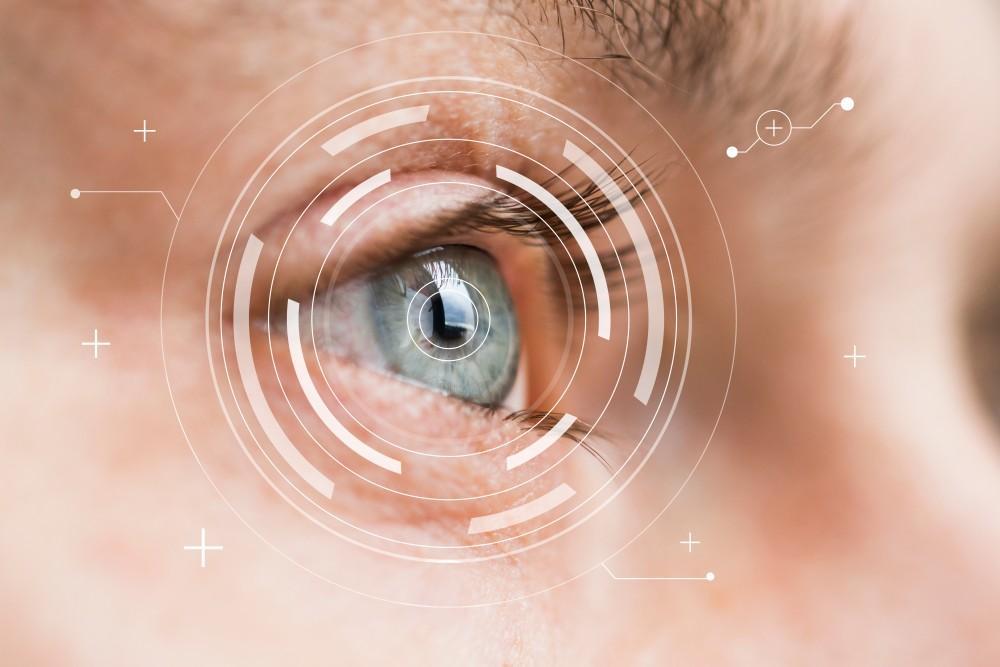
Understanding Your Fuchs' Endothelial Dystrophy Diagnosis

Receiving a Fuchs’ endothelial dystrophy diagnosis can feel overwhelming, but understanding the condition — a cornea problem — and its progression is the first step toward managing your eye health.
Board-certified ophthalmologist and cornea specialist Stephen Khachikian, MD, is here to guide you through your diagnosis at his state-of-the-art office in Rapid City, South Dakota. He can help you understand the disease’s early symptoms, spot the warning signs of progression, and develop a personalized treatment plan that preserves your vision.
What is Fuchs’ endothelial dystrophy?
Fuchs’ endothelial dystrophy is an eye condition that affects the cornea — the clear, dome-shaped surface covering your eye. The cornea helps focus light, but when you have Fuchs’ dystrophy, it gradually loses its ability to function properly because the cells in the innermost layer, called endothelial cells, start to deteriorate.
These cells help pump out excess fluid from the cornea, keeping it clear. As they die off, fluid builds up, causing the cornea to swell and become cloudy. This can lead to blurry vision, glare, and discomfort, especially when you first wake up in the morning.
From blurry mornings to constant haze with Fuchs’ endothelial dystrophy
This condition can begin as early as your 30s or 40s, but you might not realize you have it. That’s because it tends to progress in two stages:
Stage one: Blurry mornings that clear up
Symptoms are subtle and often come and go. One common sign is blurry vision when you wake up, which tends to clear up as the day goes on. This happens because fluid builds up in your cornea overnight, but your eyes adjust as the day continues.
Stage two: Persistent haze and vision changes
As Fuchs’ progresses, symptoms become more noticeable and constant. Blurry vision may last longer, and you could start seeing halos around lights or feel more sensitive to glare. In a more advanced stage, your vision may remain hazy throughout the day, making it harder to see clearly — even with glasses.
Take control of your Fuchs’ endothelial dystrophy diagnosis
While Fuchs’ endothelial dystrophy currently has no cure, you can effectively manage the condition. At first, a few simple lifestyle changes might be enough to keep cloudy vision at bay. However, your needs may change as the condition advances.
Early-stage Fuchs’ endothelial dystrophy may benefit from:
- Using saline eye drops to reduce swelling
- Blowing cool air with a fan in the morning to help clear up vision
- Wearing sunglasses to minimize glare and protect your eyes from bright light
- Using soft contact lenses to help smooth out irregularities on the corneal surface
For more advanced Fuchs’ endothelial dystrophy, consider:
- General corneal transplant, which replaces the damaged cornea with healthy donor tissue
- Descemet’s stripping endothelial keratoplasty (DSEK), a less invasive option that replaces only the damaged endothelial layer
- Keratoprosthesis, which involves implanting an artificial cornea to replace the damaged one — an option that’s rarely used and reserved for severe cases
While a Fuchs’ endothelial dystrophy diagnosis is stressful, it’s not insurmountable. If you’ve recently received a diagnosis, Dr. Khachikian can offer treatment options tailored to your needs. Call our office today or use online booking to schedule a visit.
You Might Also Enjoy...


I’m Not a LASIK Candidate. What About PRK?

Telltale Signs Your Eye Problem Is a Cornea Issue

Why Are Cataracts Common In Seniors?

Can You Prevent Keratoconus From Getting Worse?


